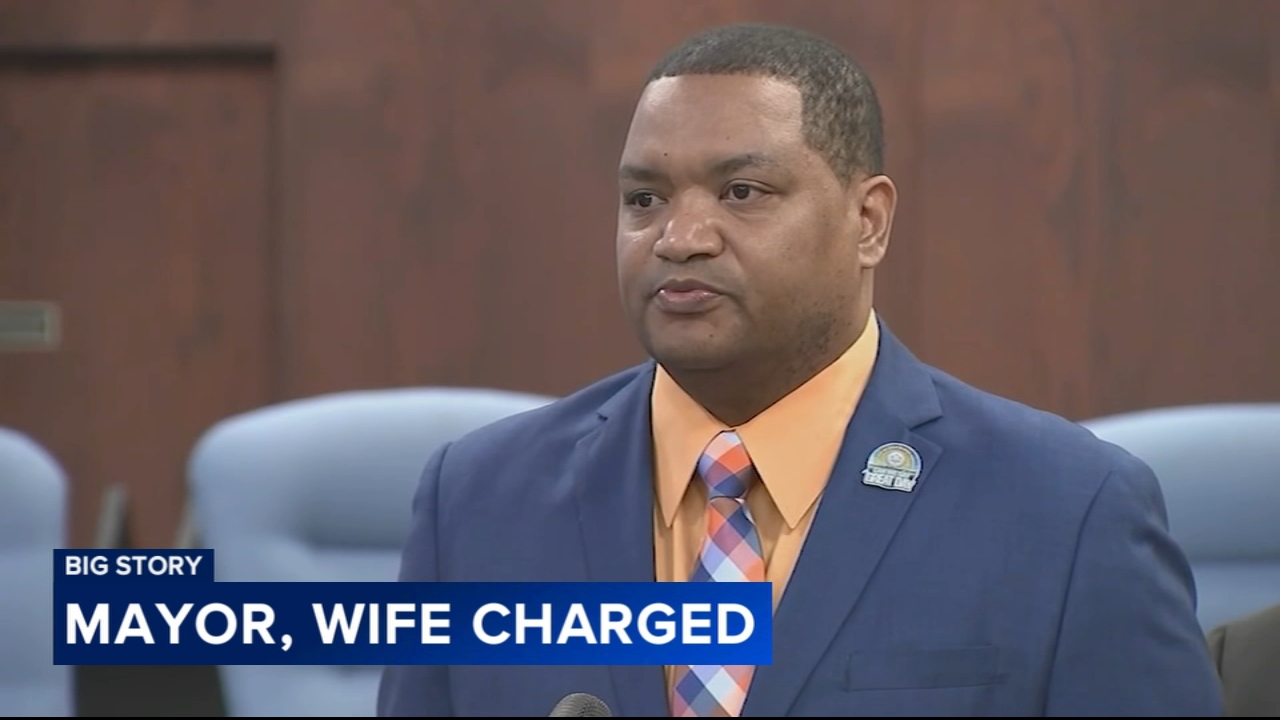Don't be fooled by diabetes myths on internet

COLUMBUS, Ohio (WPVI) -- When someone is diagnosed with diabetes, they often turn to the internet for information.
There is some good advice there, but there are also a lot of myths that are worthless or even harmful.
One common myth is that eating gluten-free prevents or cures diabetes.
In fact, gluten-free foods can actually have more carbohydrates, making it more difficult to control blood sugar.
Another myth is that green vegetables lower blood sugar.
They are a part of a healthy diet, but they won't control blood sugar on their own.
Also, buzzwords like 'sugar-free' on packaged foods can be misleading.
'Sugar-free' doesn't mean carbohydrate free.
"A lot of people think that the sugar on the label equates to blood sugar, but that's not true. It's going to be anything that's starch or carbohydrate, including sugar," says Elizabeth Snyder, R.D., a registered dietitian and certified diabetes educator at the Ohio State University Wexner Medical Center.
Snyder says she's had patients who tried other far-fetched fads, such as putting cinnamon on eggs, herbal cleanses and cutting out all white foods.
Many patients also think they can't eat any carbs when they have diabetes, but she says it's not true.
Carbs are an important source of energy and fiber.
It's the type of carbs that makes a difference.
"Simple carbs like white bread, juice and candy send blood sugar levels on a roller coaster ride, and make it hard to manage the disease," says Snyder.
"However, complex carbohydrates such as whole grain bread, beans, or a potato with its skin have fiber, which helps keep blood sugar level even until the next meal," she adds.
Snyder says the dozens of cleanses she's heard about may not be harmful, but they're probably not the healthiest choice for your body.
She says the only pills you should take are those recommended by a doctor, not supplements you get on line or in a store.
Diabetes educators say ignore the gimmicks, and stick to the advice of a doctor or nutritionist.




